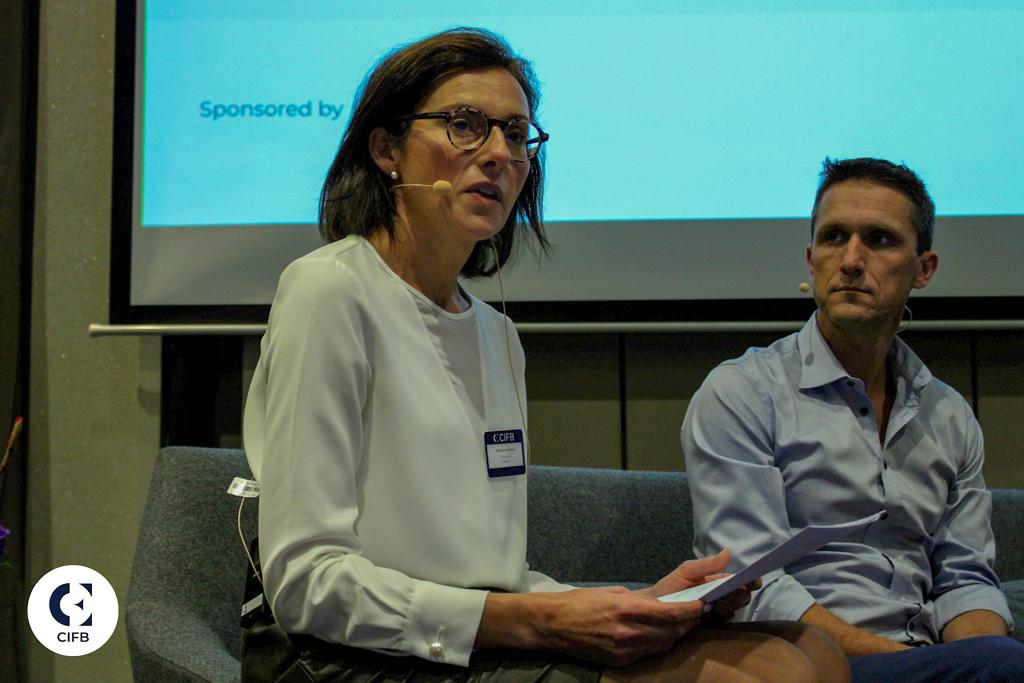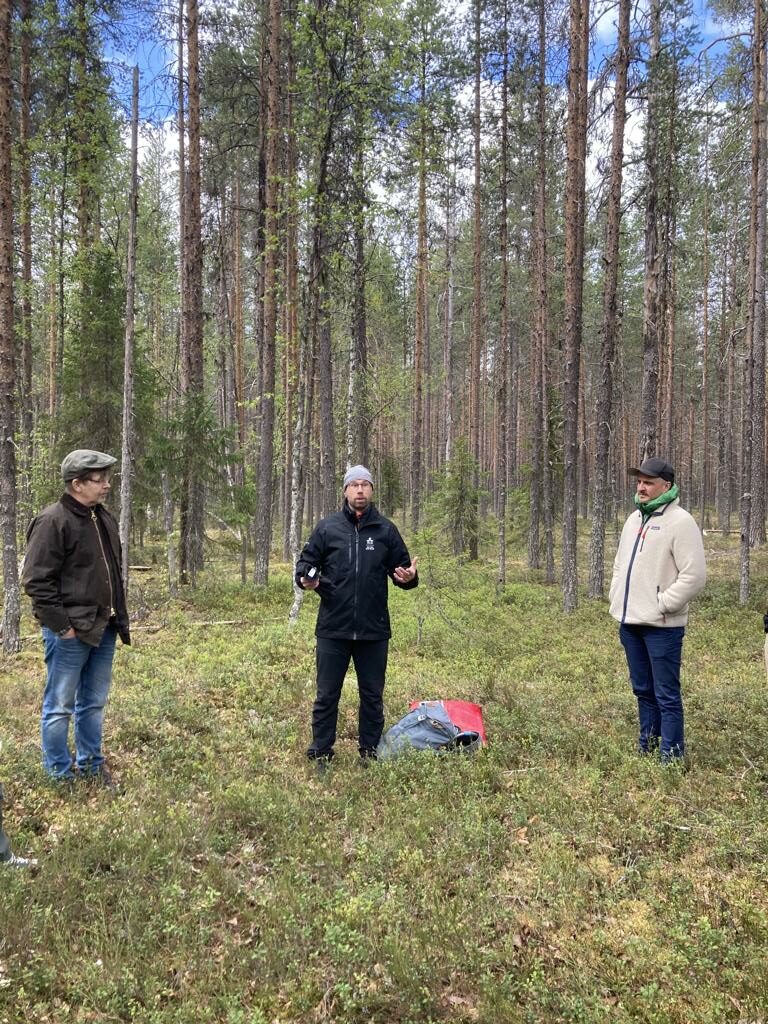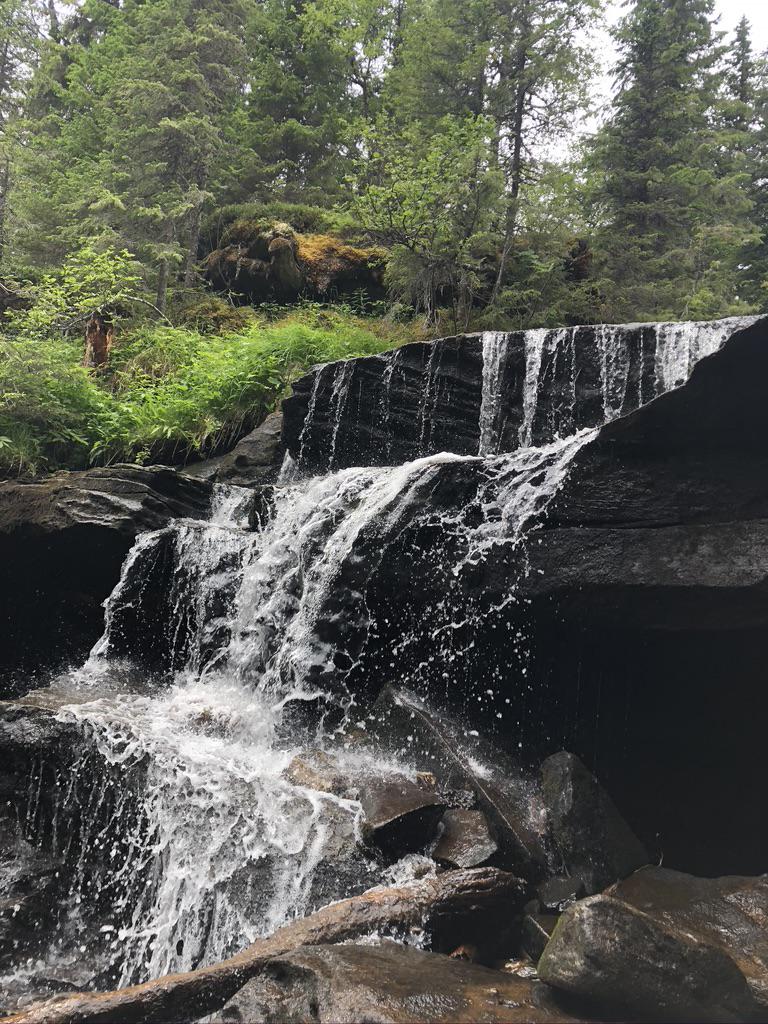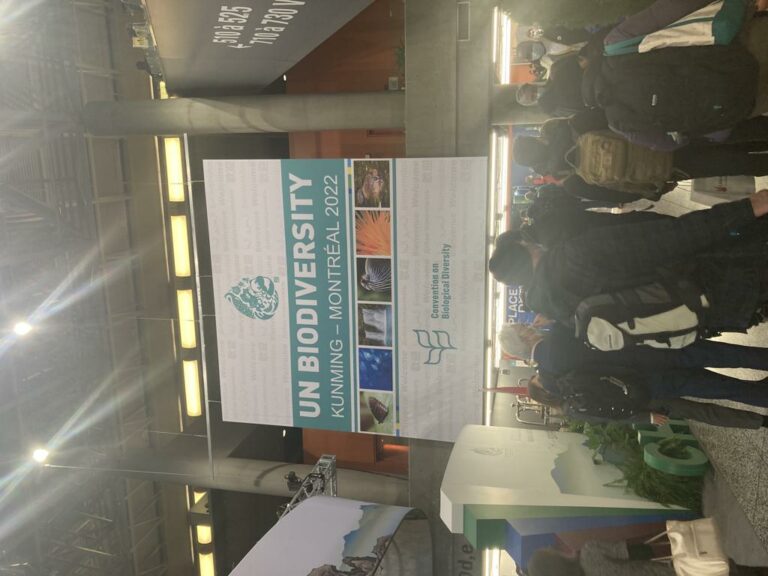Having worked with forestry investments for a long time, I have asked myself how this asset class will evolve in the future? In recent years, forest carbon has emerged as a promising additional cash flow in forestry. Although carbon credits are by no means a developed market, they are still an established concept and an increasing number of investors view carbon as an integral part of forestry investments. In my research I am testing the idea of yet another possible cashflow – from biodiversity credits.
I have had the pleasure to discuss this with fellow scientists and practitioners, at the SLU (Swedish University of Agricultural Sciences) sponsored panel “Biodiversity – a new asset class” featured at the Corporate Investments into Forestry & Biodiversity Summit in Amsterdam 14-16 September.
There seems to be a consensus on that further financing for biodiversity conservation is needed and that the private sector may play an important role to complement public financing. There is also an understanding, perhaps derived from recent experiences with carbon credits, that biodiversity can indeed be viewed as an asset class by applying the same logic as for land, trees and carbon.
In order to get there, and in order to create the market for biodiversity credits, there is a need for an independent, non-profit organization, which will verify biodiversity crediting methodologies based on latest science and register projects. Also, we need to make the biodiversity system both light and robust at the same time: we want as many as possible to be able to take conservation actions without unnecessary administration burdens and red tape, but only by applying robust additionality, choosing meaningful project areas and by implementing what the science recommends.
The greatest challenge in this project, as I see it, is time. We need very long-term commitments, but cannot guarantee outcomes. What we can do however, is to do what we know and can, now. It will not be perfect, projects will get criticized, but we will learn, and improve methodologies as we go.






